
44+ Simple Rental Agreement Templates – PDF, Word
Legally mandatory documents that are required to be signed by both the parties are the simple rental agreement templates. These…
Jul 12, 2023
A sub-agency agreement is made between the participants who are participating in a sub-agency that refers to a specific client representation relationship. The participants include a property listing broker or a real estate agent or and another real estate broker or an agent who brings in a buyer to purchase the property. In a sub-agency agreement, the agent actually works for the seller as a sub agent of the listing broker. This is important because the agent actually owes the duties of a guardian to the seller and not the buyer.


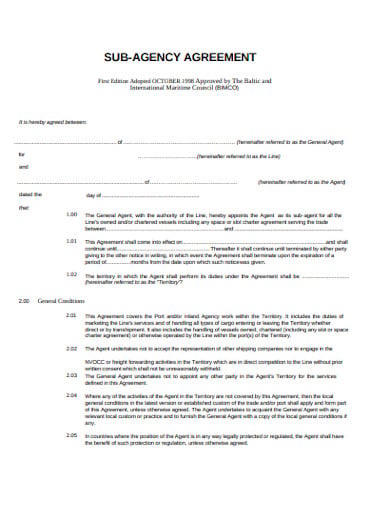 fonasba.com
fonasba.com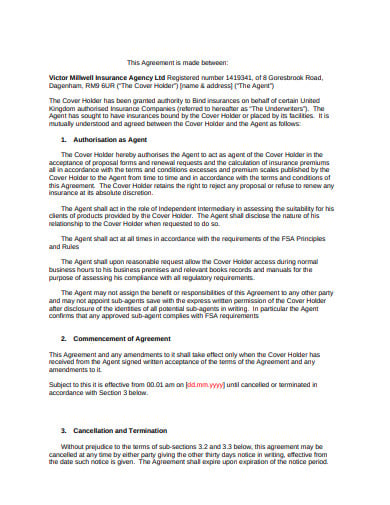 vminsurance.co.uk
vminsurance.co.uk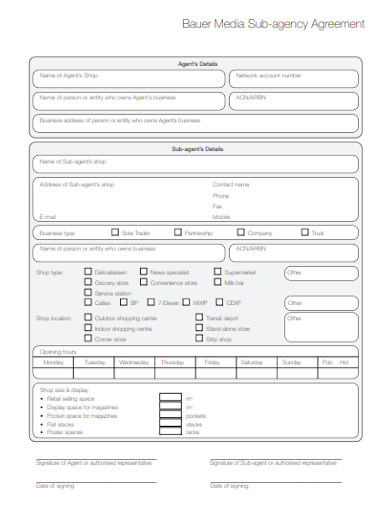 connectionswithbauer.com.au
connectionswithbauer.com.au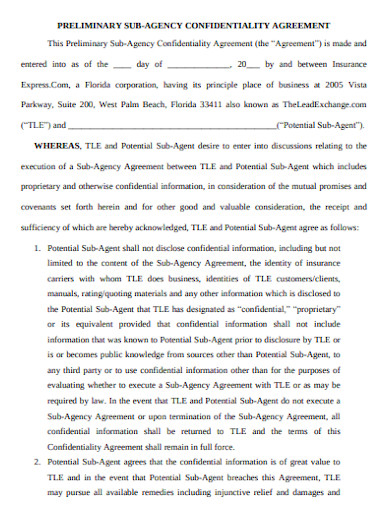 theleadexchange.com
theleadexchange.com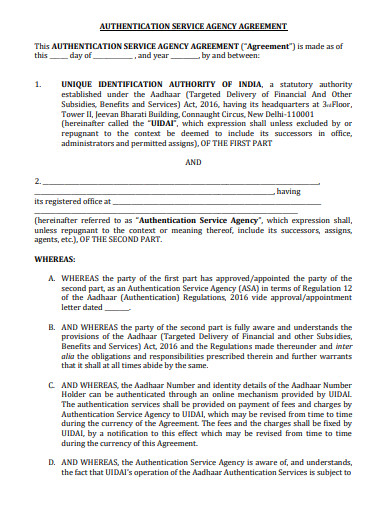 uidai.gov.in
uidai.gov.in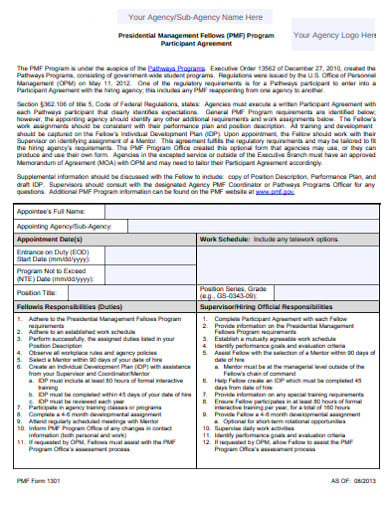 pmf.gov
pmf.gov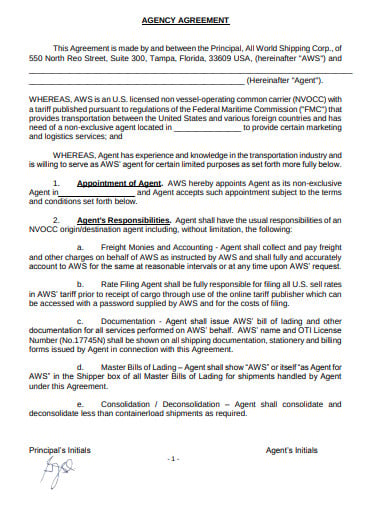 allworldshipping.com
allworldshipping.com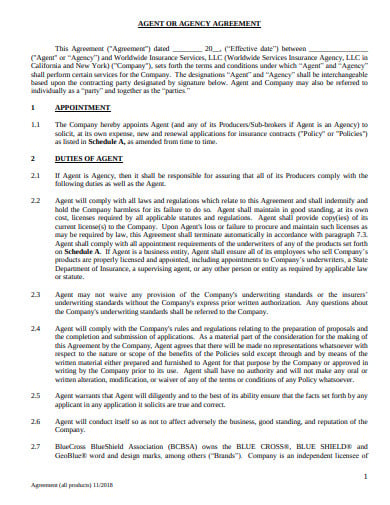 hthtravelinsurance.com
hthtravelinsurance.com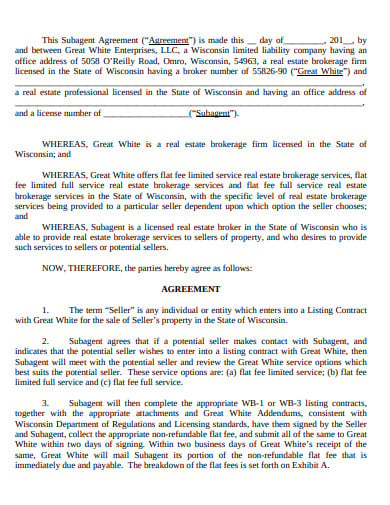 media.zp-cdn.com
media.zp-cdn.com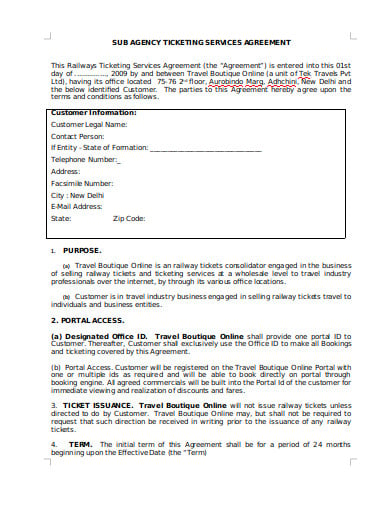 travelboutiqueonline.com
travelboutiqueonline.com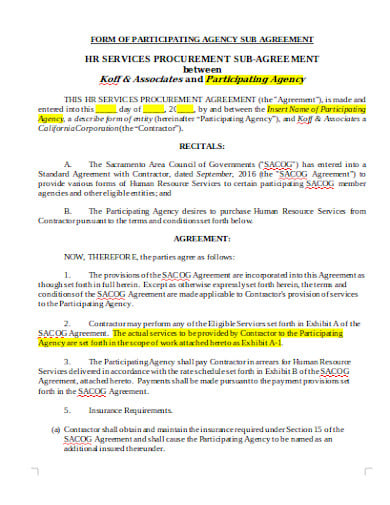 sacog.org
sacog.orgHere are some important points to consider when bringing on a new sub-agent to your agency team:
The term sub-agency is often referred to as a brokerage relationship. A characteristic of the sub-agency is that the selling firm, with the seller’s approval, expanded its agency partnership with the seller outside the company’s agents. It also allowed other partnering brokerage firms to represent the seller in a deal. The other cooperating broker will become a “sub-agent” of the listing broker when this occurs.
A sub-agent can be considered as an immovable contractor that provides a buyer with real estate services when representing the seller in a real estate transaction. To become a sub-agent, an agent must function for a company separate from the listing agent.
A sub-agent is generally not represented by any of the real-estate licensees that are involved in the transaction when a buyer is working with them. The buyer remains unrepresented in the real-estate dealing while the seller is represented by both the listing agent and sub-agent.
Yes. Relationships between the agencies are consensual and require the informed consent of the principal i.e. the seller. Until taking the sale, the listing agent must discuss sub-agency with the sellers to determine whether or not the seller will consent to sub-agency. Agents must consult their brokers on the policies of their company to deliver and approve sub-agency offers.
Yes. Even if the sub-agent does not represent the client, the applicant still has to negotiate the relationships with the agency as required by state law. The buyer may refuse to work with a sub-agent if, under a buyer agency or non-agency i.e. any transaction brokerage arrangement, he or she chooses to work with a real estate licensee.
Lack of disclosure of the representational relationship between the sub-agents and the seller to the buyer can establish the potential for an unknown dual agency that violates state law. One major factor in the decline of the sub-agency was the dramatic rise in the number of purchasers’ lawsuits over the secret dual agency.
Even though sub-agencies are rarely used by the real estate brokerage firms, its discussion is considered to be quite important. Most realtors misinterpret the definition of the word “sub-agency.” While reviewing the listing agreement, those agents who do not understand the term can not properly explain this to a seller.
A few selling agents wrongly advised their customers that “sub-agency” is the commission’s share of listing firms while “buyer-agency” is the commission’s share of buyer brokers.
Real estate laws are state-specific, and clusters with various legislation and procedures exist. As an example, in some places, attorneys are still closing transactions. Most of what follows, however, explains how the method operates in many states today.
The sub-agency simply no longer does much. The selling broker does not serve as the seller’s agent, and the buyer is not covered by someone with the seller’s duties. Here are some of the representational variants.
Nearly all states require some form of documentation of how you, as an agent, can represent them in their real estate transaction to the client or prospective client. Make sure you understand the laws of your state and the different ways you can be reflective of the company. Your roles and responsibilities towards the client can vary considerably depending on the type of representation you have agreed to contractually.

Legally mandatory documents that are required to be signed by both the parties are the simple rental agreement templates. These…

A purchase and sale agreement is a compulsory legal document to have when a buyer and seller are entering into…

Living alone or with a family has enormous risks, and the responsibilities can be complicated to manage. Become a good…

Discovering and verifying the top ability is no simple undertaking. It requires a profound comprehension of the organization’s culture and…
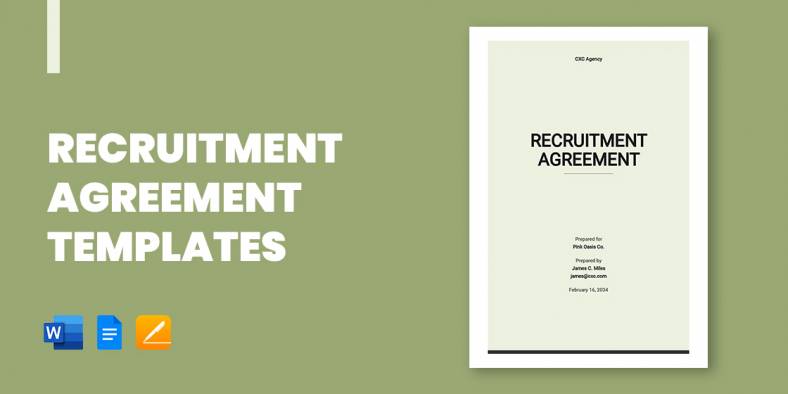
An agreement that occurs between two parties where one party (the recruiter or recruiting firm) is appointed by the other…

During the 1848 revolutions in Europe, the term “logistics” played a crucial role in transferring goods, equipment, and military personnel.…

The recruitment services agreement is provided by the recruitment agencies. And, that acts as the middleman or the middle-party between…

Many projects among businesses involve heavy management and great plans sample that logistics will be relevant. Operations involve proper organization…
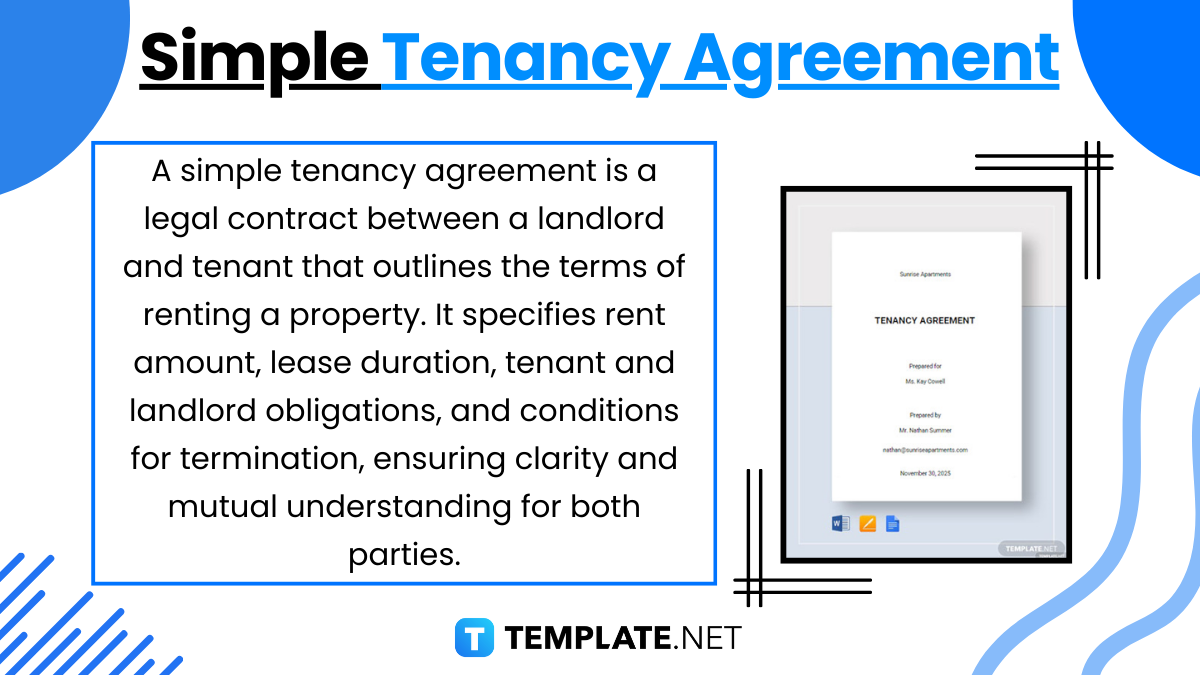
A simple tenancy agreement is a legally binding document that outlines the terms and conditions between a landlord and a…